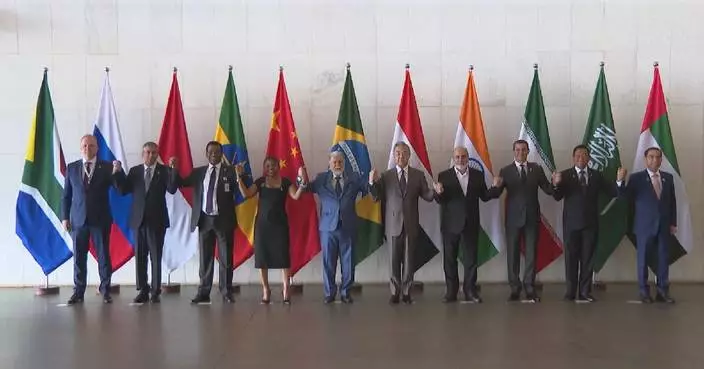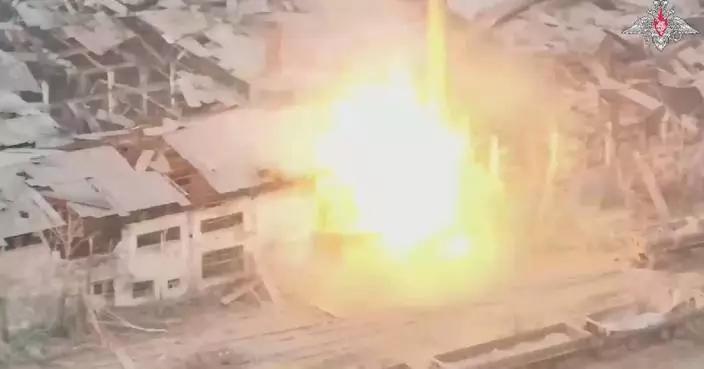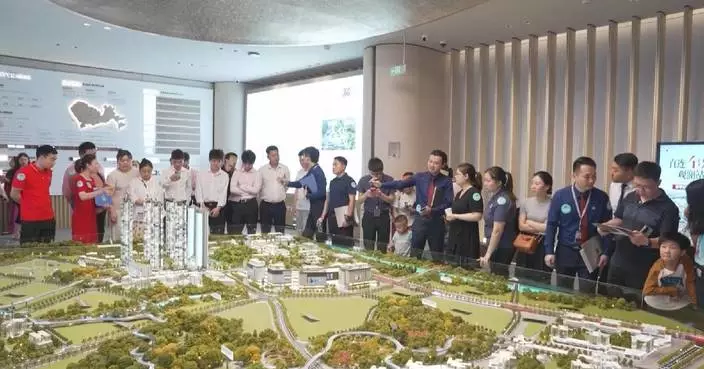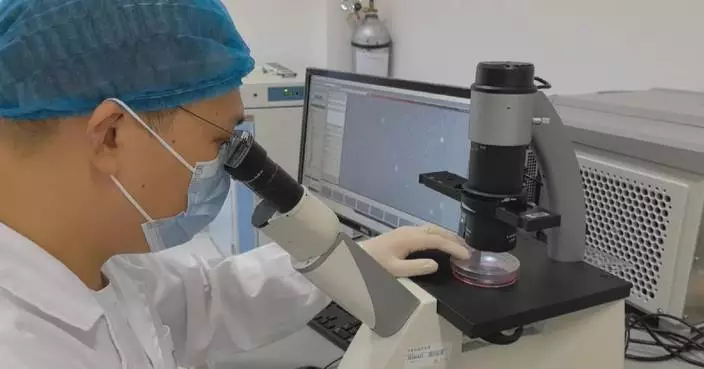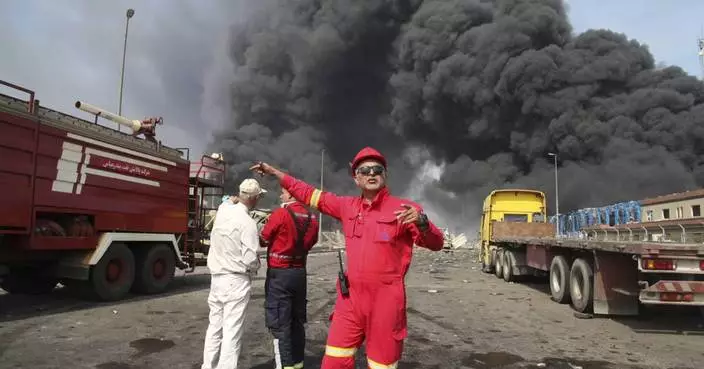China will speed up the implementation of key reforms this year, targeting the fiscal, educational, healthcare, and foreign investment sectors, Shen Danyang, director of the State Council Research Office, said Wednesday in Beijing.
At a media briefing following Premier Li Qiang's government work report at the opening of the third session of the 14th National People's Congress, Shen, a drafter of the report, outlined that 2025 will see a focus on both comprehensive reforms and breakthroughs in key areas, with particular emphasis on fast-tracking landmark initiatives.
"In terms of fiscal and tax system reforms, this year we will accelerate the shift in the collection of certain consumption taxes to a later stage, as well as transfer responsibility for collection to local governments. While this reform has been discussed for several years, we are now committed to fast-tracking it. The goal is to ease the financial burden on production enterprises without increasing the tax burden on consumers, while also helping local governments improve the consumption environment and drive local consumption growth," Shen said.
Turning to education, Shen highlighted the gradual introduction of free preschool education, as proposed in the government work report. In healthcare, the government plans to deepen reforms in public hospitals, emphasizing public welfare to ensure more accessible and affordable healthcare services for residents, Shen said.
Shen also outlined plans to expand market access for foreign investment in key sectors this year. He stressed the importance of progressively deepening institutional reforms, increasing both independent and unilateral openness, and improving the business environment through market-driven policies, rule of law, and international standards.
"This year, we will further ease market access for foreign investments, expand pilot programs in sectors such as telecommunications, healthcare, and education, and revise the 'Catalogue of Encouraged Foreign Investment Industries' to broaden the scope of foreign investment. Additionally, we will focus on enhancing services for foreign-invested enterprises, optimizing the entire project process, expanding financing channels, and facilitating smoother personnel exchanges. We believe that as long as foreign investors seize favorable opportunities and invest strategically in China for the long term, they will be well-positioned to share in the new business opportunities generated by China's expanding market," said Shen.

China to accelerate key reform measures in 2025: official
A deal to give the United States exclusive access to Ukraine's mineral resources has sparked contention among Ukrainian experts, who have described earlier drafts of the agreement as "unacceptable" and "colonial."
As the war between Ukraine and Russia is showing signs of winding down, another battle is quietly unfolding beneath Ukrainian soil, with competitors eying Ukraine's vast reserves of critical minerals.
The United States and Ukraine have signed an agreement to establish the U.S.-Ukraine Reconstruction Investment Fund, the U.S. Treasury Department announced on Wednesday.
For some, the minerals deal with the United States offers a lifeline for Kiev's war-torn economy. For others, it signals the quiet start of a resource takeover, raising concerns about what Ukraine may be giving away in exchange for support.
Ukraine is rich in critical resources such as graphite, lithium, and titanium. All these are vital to electric vehicles, the aerospace industry, and the high-tech supply chain.
At a graphite quarry roughly 400 km south from Kiev, capital of Ukraine, the roads give way to deep ruts and scattered debris, which means the mine site falls short of normal operation in wartime.
According to Ukraine's geological survey, the country holds 22 of the 50 strategic materials identified by the U.S. as critical.
As the global race for these resources intensifies, Washington is eager to secure reliable access. Ukraine, desperate for investment for reconstruction, has opened its doors. However, according to experts, the negotiations have been tense.
"When we had the first draft of this agreement, it was absolutely awful, absolutely unacceptable for Ukraine. It was also like a colonial agreement," said Volodymyr Landa, senior economist at the Center of Economic Strategy of Ukraine.
The country's mining sector is in dire need of foreign capital. At one of Ukraine's largest graphite deposits, infrastructure is minimal, with a few dogs, a guard, and an elderly tractor driver.
A Lviv-based mine owner said water pipes freeze over in winter, bringing operations to a halt. More importantly, the war has drained both labor and funding.
"If the Ukrainian government presents it for free, for 50 years with free rent, our resources will lose from that," said Ostap Kostiuk, CEO of Zavallivskyi Graphite, located in the Kirovohrad region.
Following a tense and reportedly humiliating visit to Washington in March, Ukrainian President Volodymyr Zelensky appears to have softened his stance on a minerals deal he once said he would never sign. The move has triggered public outcry at home.
"Now they (the U.S.) say 'give me money, no, lithium' for the guarantees. It's not fair, I think," said a local resident.
"I definitely started to respect America less. He (Trump) is not interested in Ukraine actually ending the war," another added.
This graphite deposit represents only a fraction of Ukraine's untapped potential. An estimated 30 percent of its critical minerals have already been extracted. The other 70 percent, still buried across vast swathes of the country, is what many believe Washington is ultimately eying.
"Please do everything to make this peace closer to us, closer to people, closer to Ukrainians. Because every day, every hour, every minute, it costs our Ukrainian nation one to five Ukrainian best guys' lives," said Kostiuk.
In the view of Professor Valeriy Pekar, a business scholar in Kyiv and Lviv, the Trump administration is not actually interested in securing peace for Ukraine.
"To take control of our resources, it is necessary to end the war. The American leadership declares themselves great peacemakers, but what they really do is not peacemaking. It's war mongering," he said.
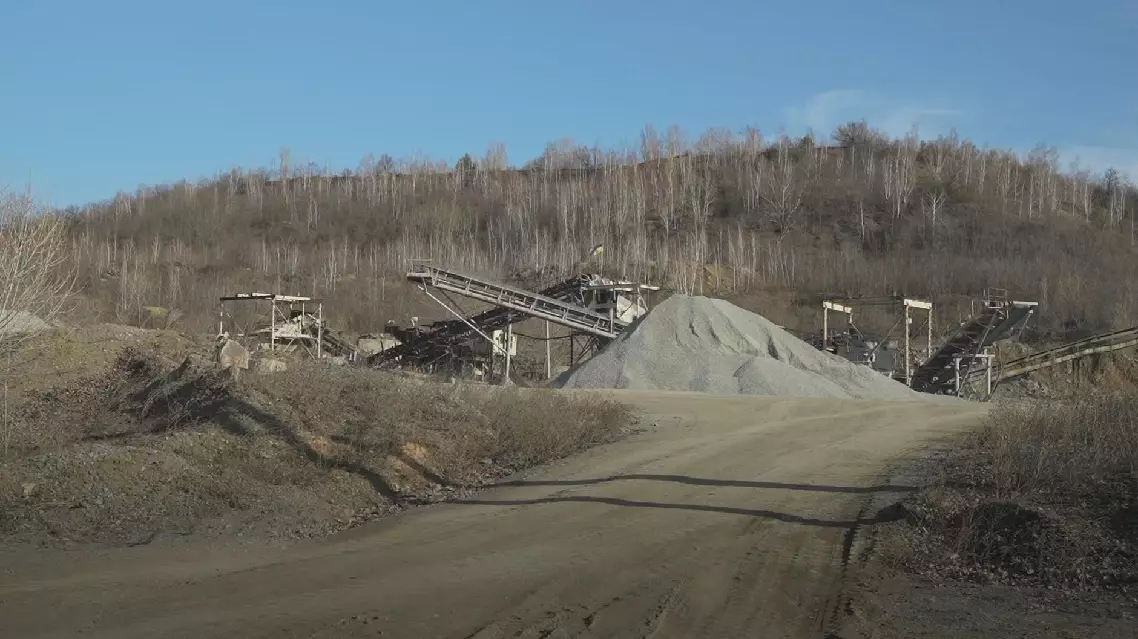
US interest in Ukraine's critical minerals draws public backlash





